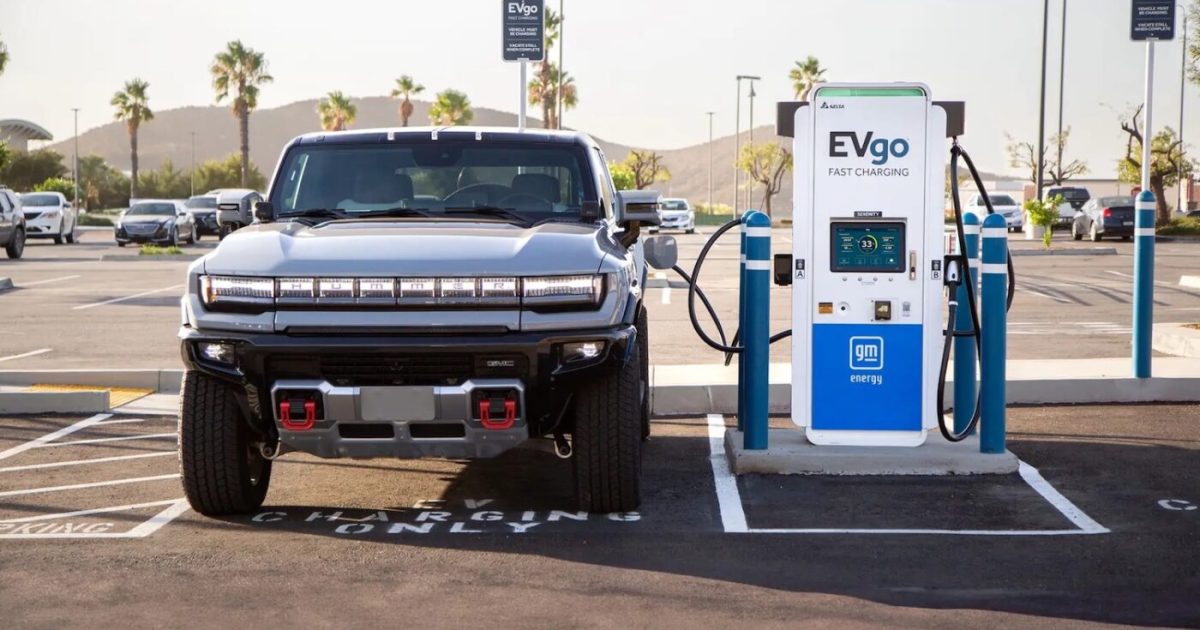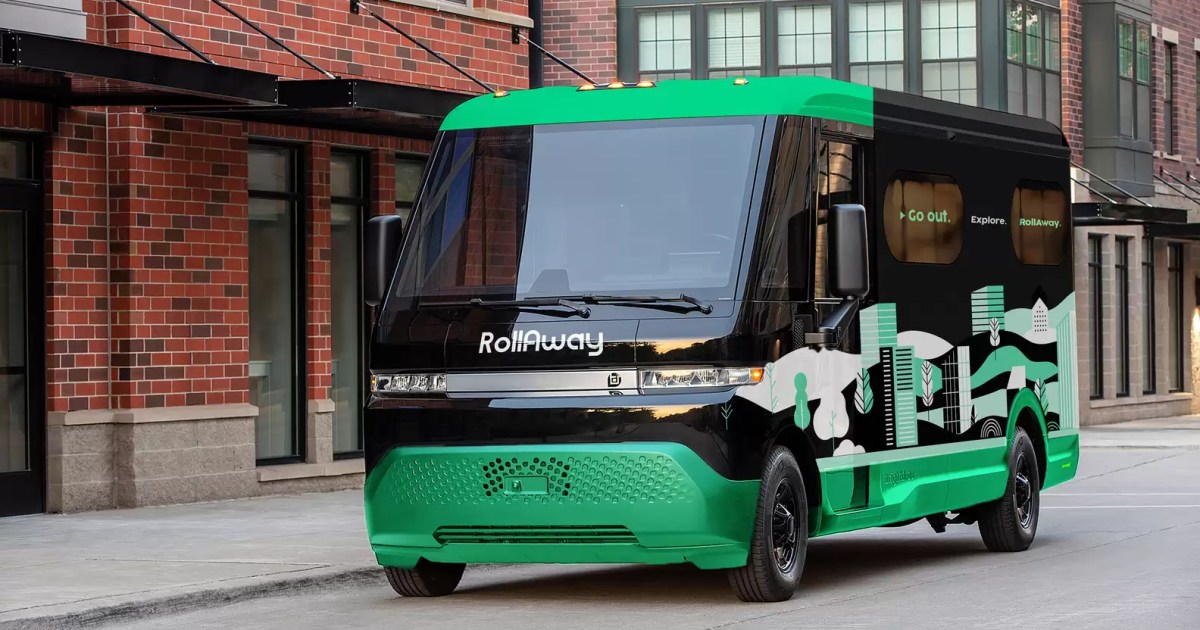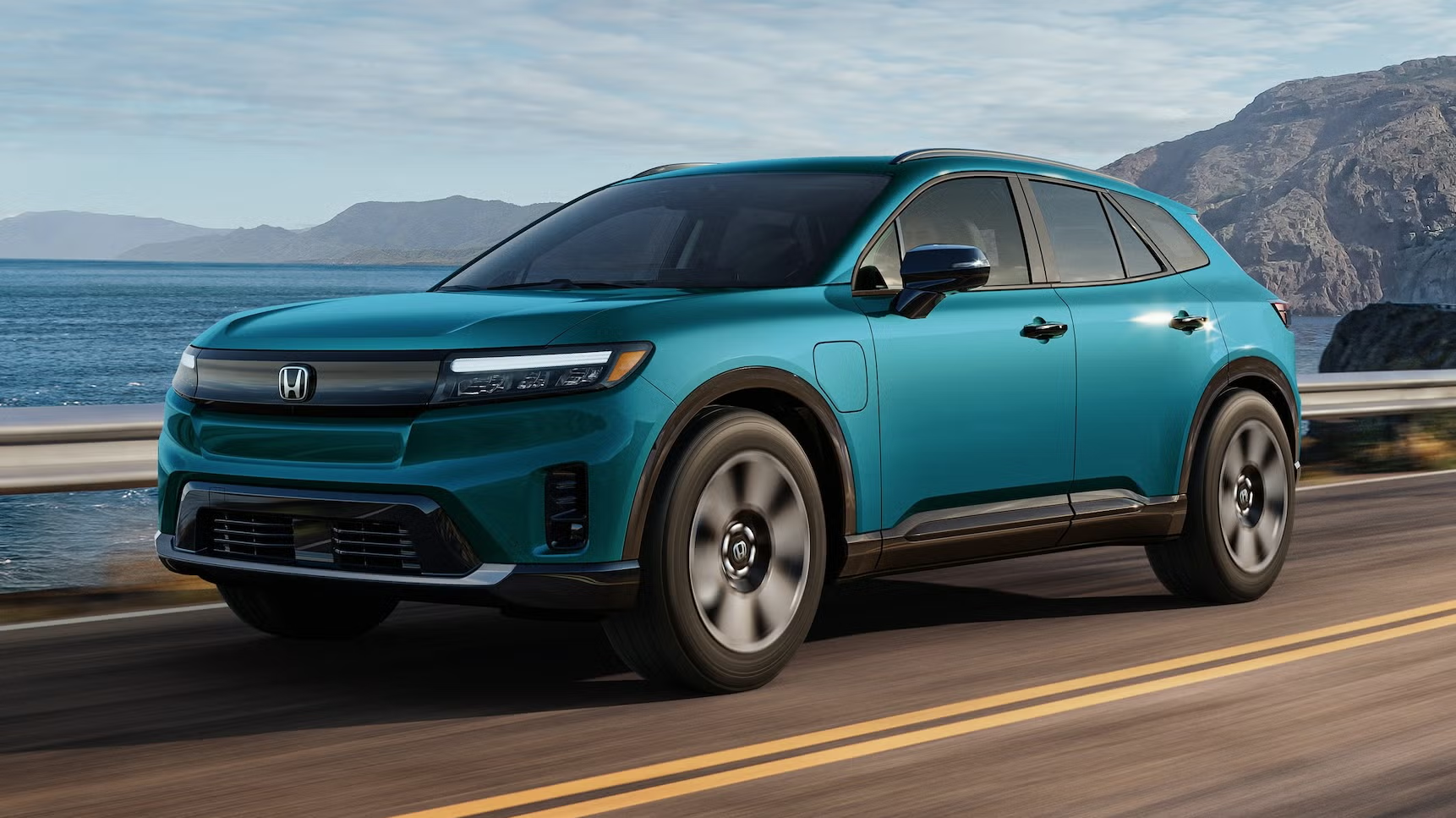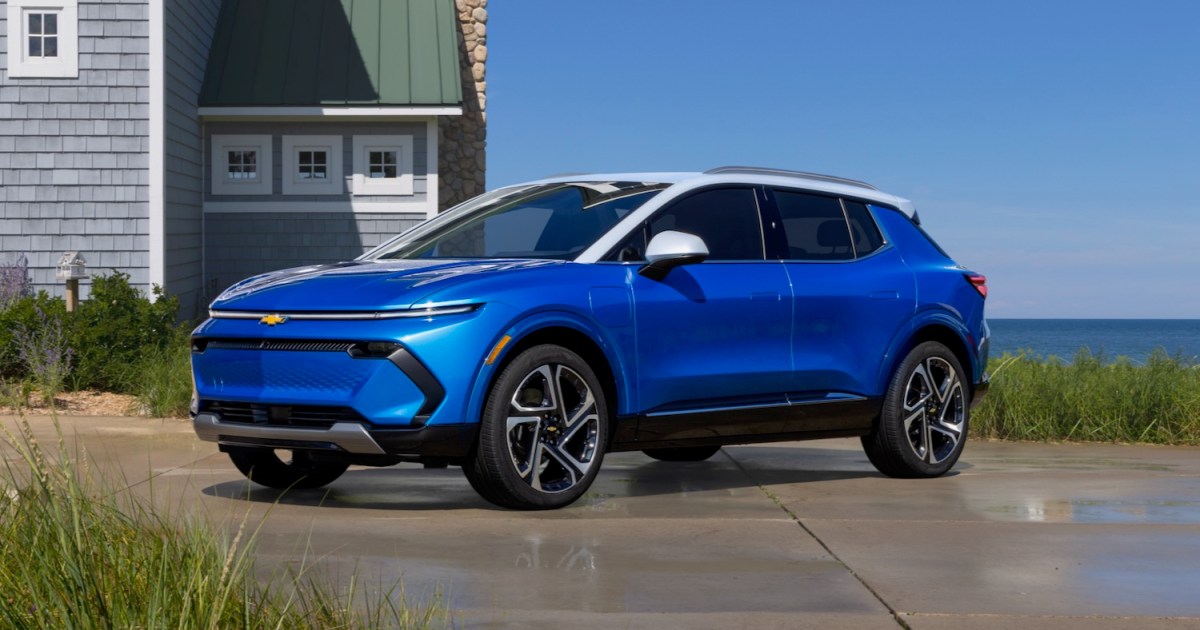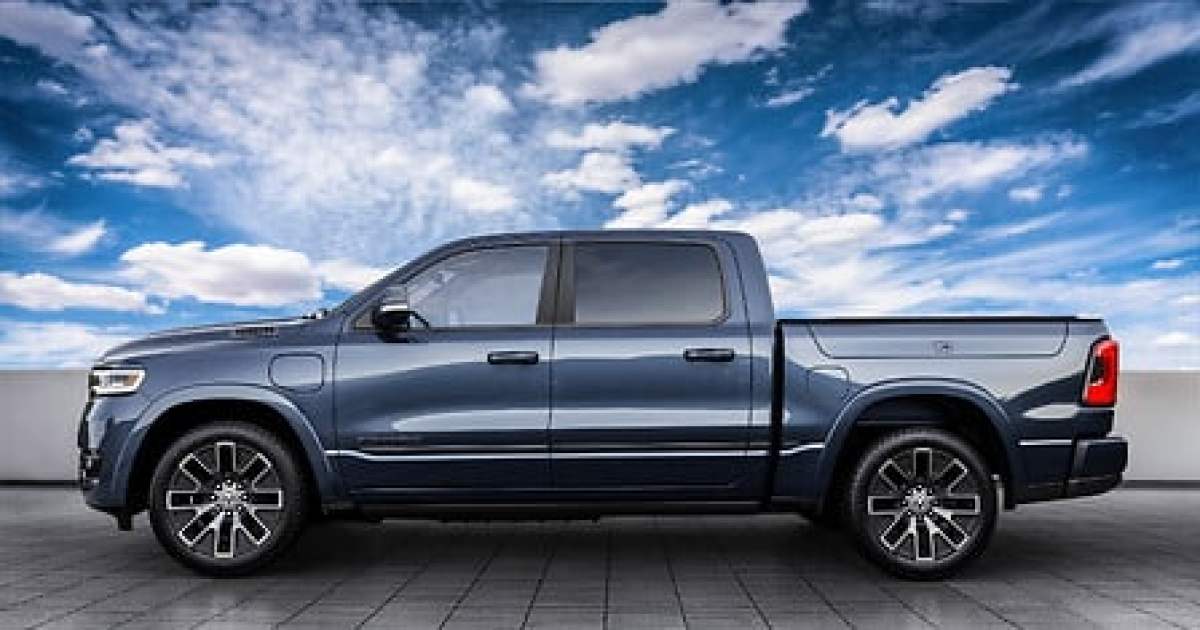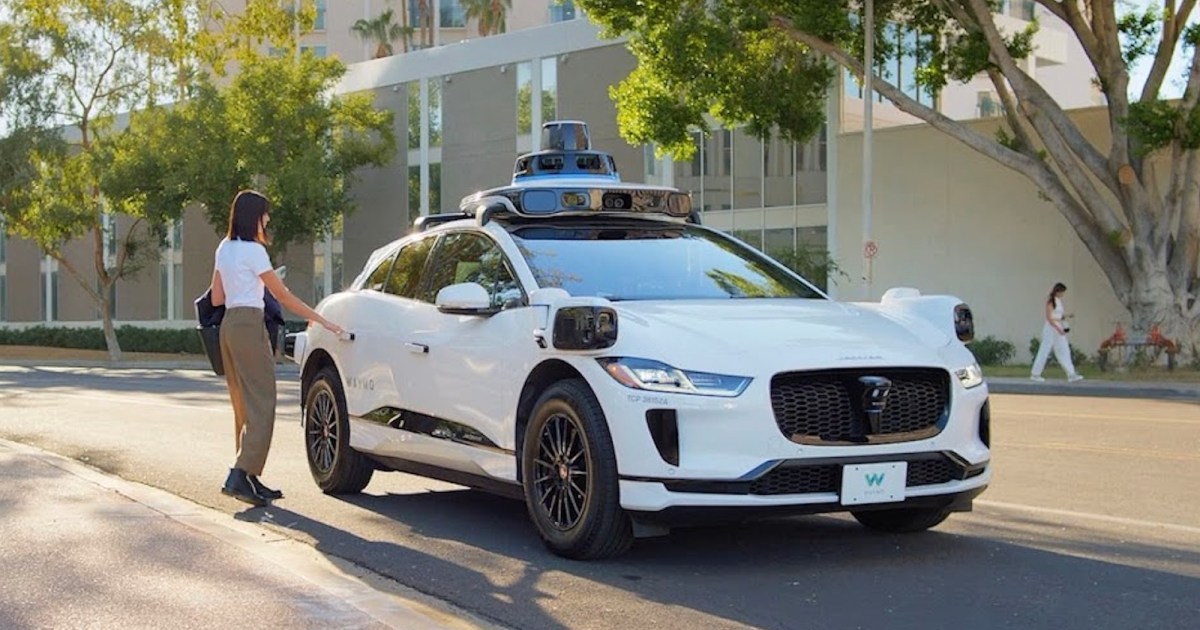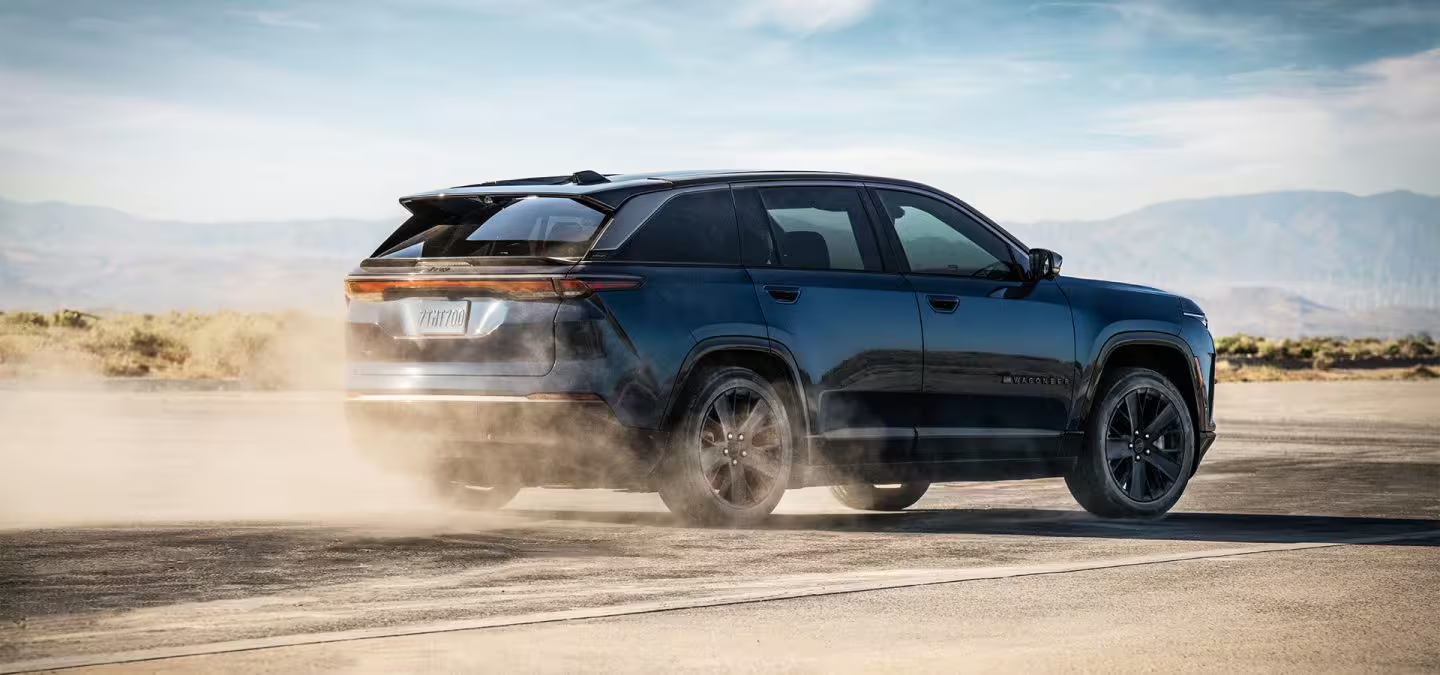Electric vehicle (EV) adoption continues to rise, driven by high owner satisfaction and lower operating costs. A recent survey by the Global EV Drivers Alliance of 23,000 EV drivers worldwide revealed that 92% intend to purchase another EV in the future. This impressive statistic highlights the positive experiences EV owners are having with their vehicles.
High Satisfaction Rates Drive EV Loyalty
The Global EV Drivers Alliance survey found that a mere 1% of current EV owners would consider returning to a gasoline or diesel-powered car. Only 4% indicated they might switch to a plug-in hybrid electric vehicle (PHEV). This data reinforces the strong loyalty EV owners feel toward the technology. Petter Haugneland, assistant secretary general of The Norwegian EV Association, noted, “These results confirm that EV drivers are highly satisfied with their choice and that reports of declining EV popularity are greatly exaggerated.”
Operating Costs a Key Motivator
Beyond environmental benefits, the survey identified lower operating costs as a primary driver for EV purchases. This finding underscores the financial advantages of EVs, which can lead to significant savings over the lifetime of the vehicle. Ellen Hiep, board member of the Dutch Electric Vehicle Drivers Association, emphasized the importance of affordability: “While a vibrant electric vehicle market is crucial for reducing climate emissions from road transport, achieving this goal hinges on making EVs an even more affordable option for all.”
The Role of Incentives in EV Adoption
Incentives, such as tax credits and rebates, play a significant role in EV adoption. A J.D. Power study highlighted the impact of these programs on consumer decisions. Among premium brand EV owners, 64% cited incentives as a primary purchase driver, while 49% of mass-market EV owners felt similarly. The study further revealed that incentive programs were a top reason for purchase for 81% of Volkswagen buyers, 77% of Chevrolet buyers, and 72% of Tesla buyers. Comparatively, incentives were less influential for Hyundai (32%), Kia (24%), and Toyota (21%) buyers.
The Future of EV Sales
Despite potential policy changes surrounding incentives, the global EV market continues to expand. Research firm TrendForce projects global EV sales, encompassing hybrids and PHEVs, to reach 16.26 million in 2024, marking a 25% increase from 2023. This projected growth reflects the increasing demand for EVs worldwide.
Conclusion
The overwhelming satisfaction among EV owners, combined with the appeal of lower operating costs, points to a bright future for electric vehicles. While incentives currently play a crucial role in driving adoption, the continued growth of the EV market suggests that electric vehicles are becoming an increasingly attractive option for consumers, regardless of financial incentives.





